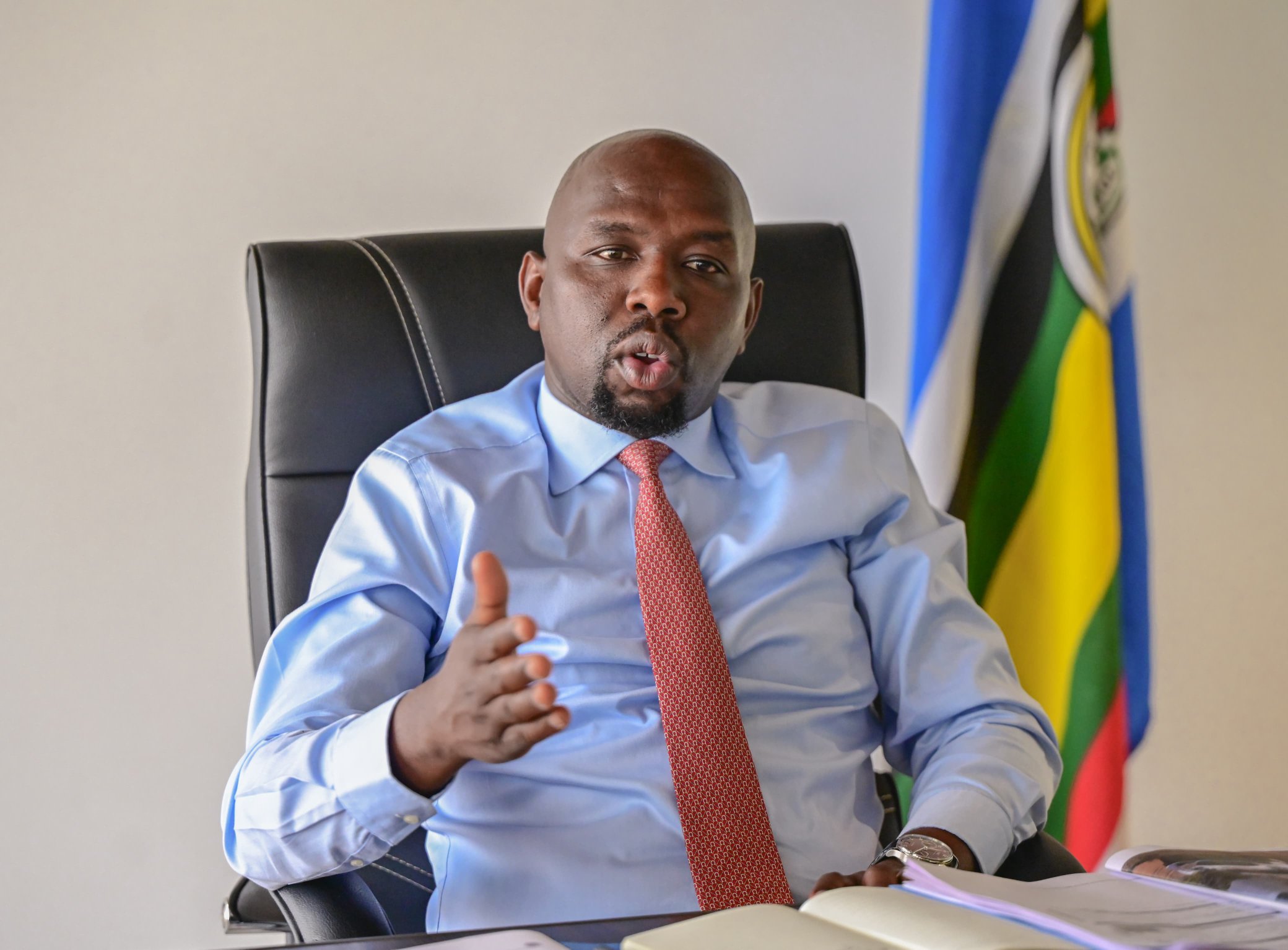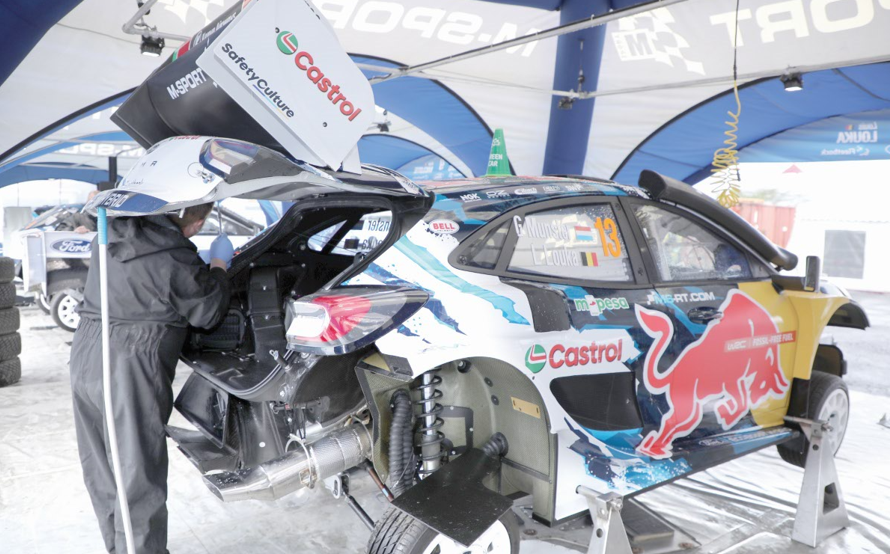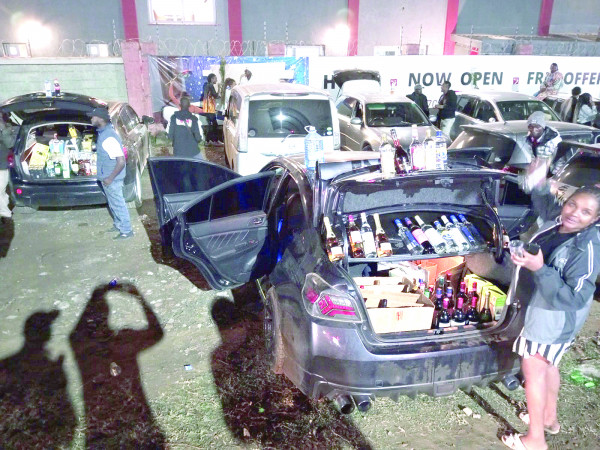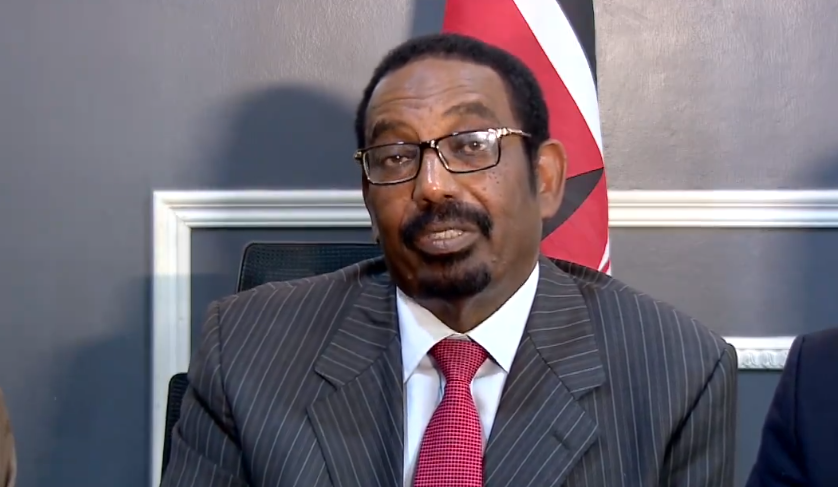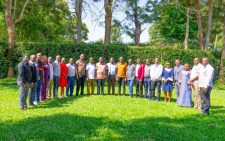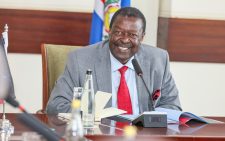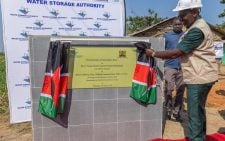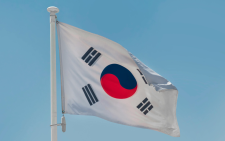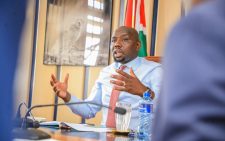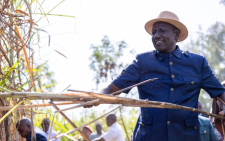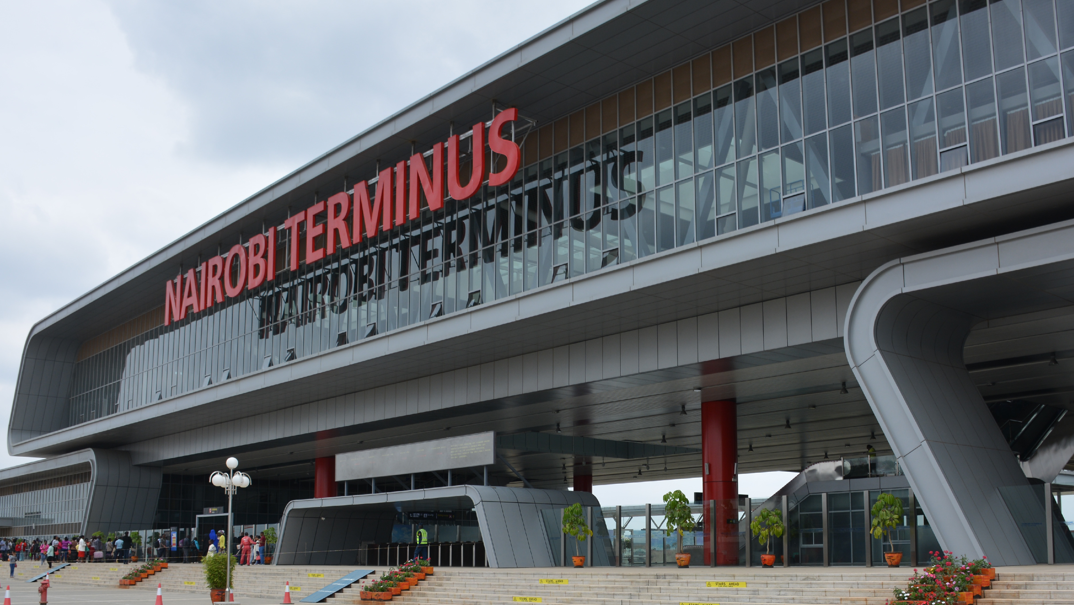Safari rally is goose that will lay golden eggs for economy
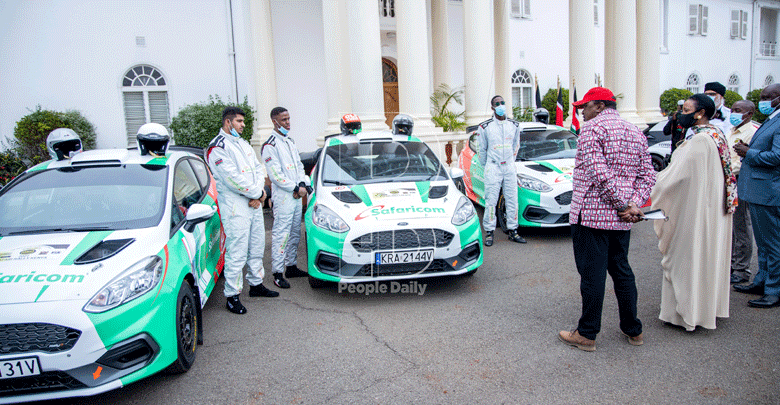
Although it is still not clear to how this weekend’s WRC Safari Rally in Naivasha will inject Sh6 billion into the economy as indicated by Sports CS Amina Mohamed, this event will, without a doubt, increase our Gross National Happiness (GNH).
Already, there has been a plethora of urban and social media narratives to illustrate just how excited Kenyans are about the sport, which is making a comeback after a 19-year hiatus caused by a disagreement between its organisers and the government.
One of the heroes and anti-heroes of this new excitement is Subaru, a car associated with speed, power and youthfulness, not to mention the carefree attitude, aggression and socio-moral shenanigans associated with the brand. Hardly ever does a brand get so much unsolicited publicity.
As the economy recovers from the effects of Coronavirus, such sporting events are important to facilitate circulation of money, consumption of goods and services and also to give Kenyans a reason to enjoy themselves after months of restrictions on movement and entertainment.
Indeed, entertainment, which falls under the broad hospitality sector, is a key driver of economic activity, accounting for jobs in hotels and similar establishments, logistics, manufacturing and the retail supply of food and beverages.
All these are interconnected and, combined, contribute a significant chunk to Gross Domestic Product (GDP).
That is why, for instance, Europe has been keen to bring back such high level events as the European Championships because sports stimulate circulation of money, which is critical to economic growth, job creation and Gross National Happiness.
Just like GDP, which is an important tool that measures just how well a country is doing economically, GNH—also called the Gross Domestic Happiness (GDH)—is critical in calculating wellbeing of citizens and how they feel about their country, what direction it is taking, their shared reality and how they are doing as individuals.
The philosophy behind GDH, a term first used in 1972 by the leadership of Bhutan, was fairly simple and egalitarian.
It was meant to show how citizens feel about themselves is as important as how fast a country grows economically, for it is possible to have a country doing well in all economic indicators while its population remains disaffected.
This explains why sports play a critical role in modern society and why politically-savvy governments invest in such activities as Safari Rally, Olympics and Fifa World Cup.
Remember, for instance, that South Africans were happiest when they won the Rugby World Cup under President Nelson Mandela’s leadership and when, 11 years ago, they hosted the Fifa World Cup.
Their national happiness index has been declining since due to increased inequality, grand corruption and other challenges in political landscape.
Cognisant of how important citizens’ happiness was to the idea of national progress, the UN, a decade ago, adopted GDH as a tool to measure how well a country was doing.
In Kenya, a global optimism survey in 2019 showed her citizens were most optimistic in Africa.
According to the survey, the optimism was triggered by growth in digitally-driven opportunities and prospects of devolution bringing development to grassroots.
Now, given that Safari Rally is bringing back nostalgia about the good old days when it was held during Easter holidays – and that on Tuesday Treasury wired Sh43 billion to counties – our national optimism index ought to be higher across all counties in the short term.
However, to sustain GDH, it is important for government planners to work with private sector leaders to create big ticket events every year.
In the past, this used to done through high-profile music concerts, football matches against major national teams.
In future, events such as Africities Summit in Kisumu later this year will have far-reaching effect on GDH, which is why planning is key.
Every year, policymakers ought to factor in a big ticket public engagement event and fund it even when driven by private sector players.
Putting together financial resources and logistics for events like Safari Rally require concerted public-private partnerships.
The net effect is to bring in an inflow of new money from abroad, create public excitement, offer opportunities for jobs and business, and lead to new business partnerships spinned off from such events.
This calls for collaboration and innovation and, most importantly, for government officials to have their fingers on the pulse of the nation so that they can support events and investments that drive GDH.
Just imagine how much brand value and brand love Kenya will earn just from hosting the three-day event in Naivasha.
Kenya ought to leverage this opportunity to show the world what it has to offer and ride on this wave to revive our tourism which has taken a major beating from Covid. — The writer is a Partner and Head of Content at House of Romford — [email protected]
